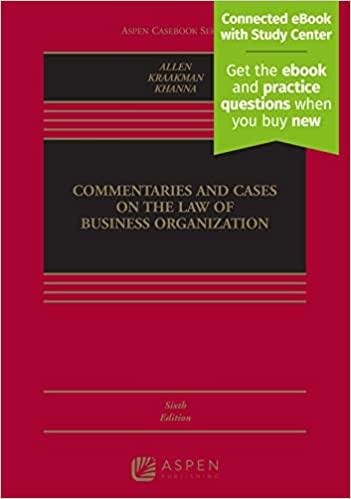Answered step by step
Verified Expert Solution
Question
1 Approved Answer
Many people die without first executing a will and without one, the property of the decedent passes through intestate succession, which generally means it does
Many people die without first executing a will and without one, the property of the decedent passes through intestate succession, which generally means it does not go to the people the decedent would have preferred. Even very wealthy and famous people die without wills for predictable reasons (e.g. Jimi Hendrix, 27 years old, no children, not particularly wealthy at the time but his estate is currently worth over $100 million), or unpredictable or inexplicable reasons such as Pablo Picasso. The death of Picasso set off a firestorm of litigation among his heirs to determine who owned the estate. He died in 1973 at the age of 91. His estate was valued at around $270 million (despite the fact that he claimed to be a Communist). It took 6 years of litigation and nearly $30 million in legal fees to resolve it before it functionally was divided 6 ways among the heirs. Disputes such as these continue to be problematic because many artists, writers, or musicians continue to make substantial sums of money after they die. For example, Michael Jackson made over $200 million the year AFTER he died. Picasso's heirs continue to ruffle feathers with decisions they make about property: http://www.nytimes.com/2015/02/05/arts/design/picassos-granddaughter-plans-to-sell-art-worrying-the-market.html Why do these situations create such substantial litigation and problems with intellectual property? Assume you had a relative who passed with some substantial assets; would you get involved in litigation to claim what you believe to be your share? What if the money was going to go so someone you thought to be undeserving (e.g. an ungrateful child)
Step by Step Solution
There are 3 Steps involved in it
Step: 1

Get Instant Access to Expert-Tailored Solutions
See step-by-step solutions with expert insights and AI powered tools for academic success
Step: 2

Step: 3

Ace Your Homework with AI
Get the answers you need in no time with our AI-driven, step-by-step assistance
Get Started


